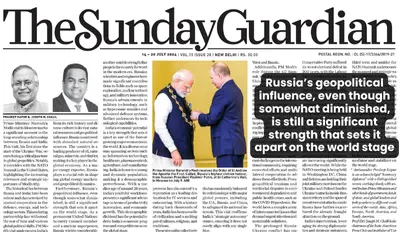Giant corporations are raking in record profits, while millions of Americans remain scarred by the Great Recession and a recovery that has left them behind. Mammoth defense contractors push for more of everything military, while programs for the poor are on life support. Global polluters are blocking effective responses to climate change, while the disenfranchised suffer disproportionately from environmental disasters and devastation. Influential voices ridicule those who are disadvantaged by prejudice, by discrimination, and by dwindling resources. All the while, our middle class is shrinking, imperiled, and insecure. This is not the America most of us want.
It’s really no secret that certain individuals and groups—the Koch brothers, Walmart heirs, some Wall Street CEOs, prominent politicians (many Republicans, and some Democrats too), big-business lobbyists, right-wing think tanks, Fox News—use their wealth and influence to pursue a self-serving agenda that betrays the common good. Indeed, they’ve been doing it since long before Donald J. Trump moved into the White House. But what often flies under the radar is the extent to which they rely on psychologically manipulative appeals to advance their narrow interests at the expense of the rest of us. Examples include “The dangers of global warming are overblown,” “Voter fraud is a rampant injustice,” “Workers protesting low wages are devious and dishonest,” “We’ve earned every dollar and deserve your praise, not criticism,” and
“Everyone will be helpless if gun reformers have their way.”
In my new book, POLITICAL MIND GAMES: How the 1% Manipulate Our Understanding of What’s Happening, What’s Right, and What’s Possible, I explain the psychology behind the success of today’s plutocrats in marketing their false claims—and what we can do to counter them. Offering a research-based framework, I show how the 1% exploit five fundamental concerns that govern our daily lives: issues of vulnerability, injustice, distrust, superiority, and helplessness. These concerns are soft targets for manipulation because each is linked to a basic question we ask ourselves as we try to make sense of the world around us. Consider:
Are we safe? Whether as pass






